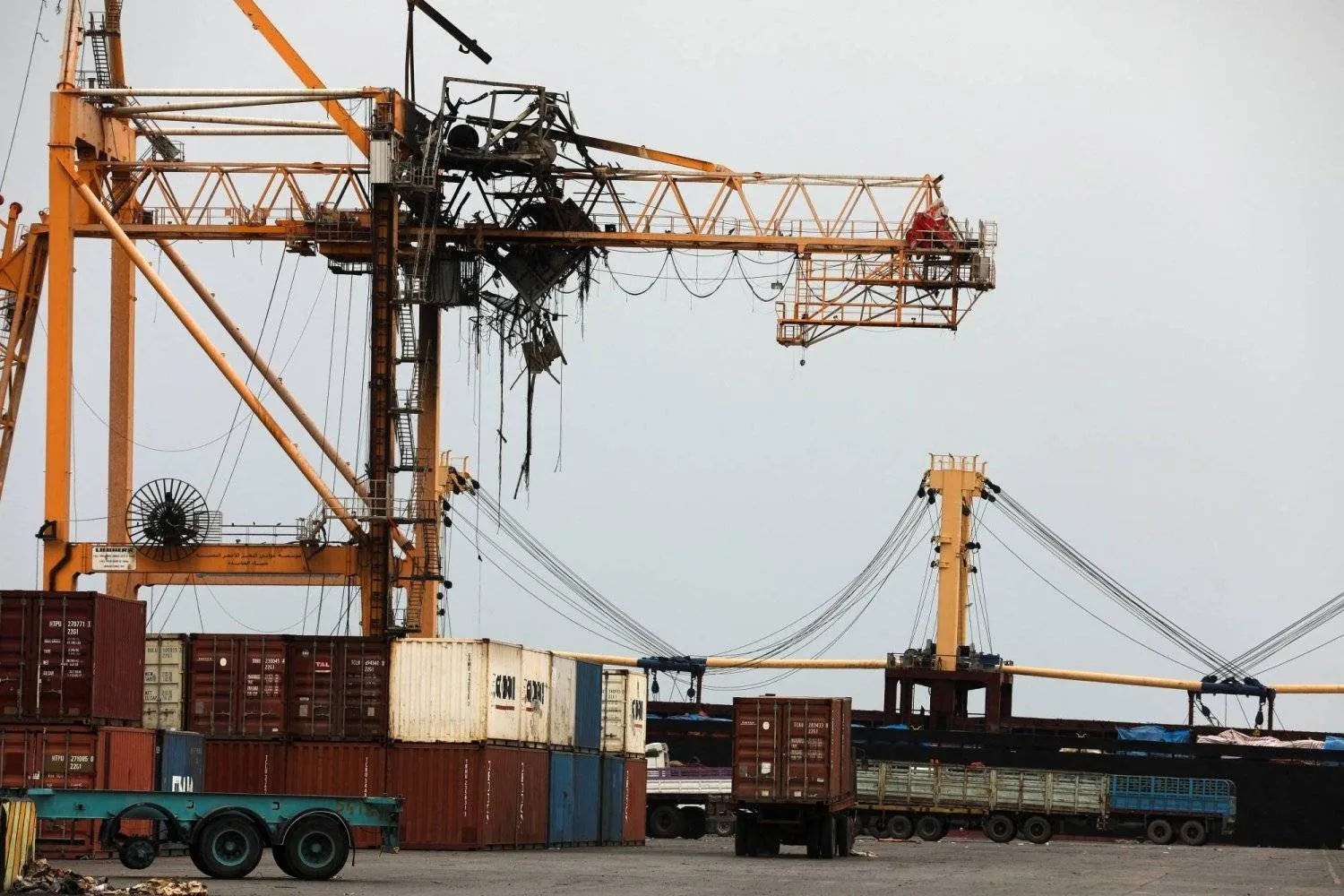A recent report by the United Nations and the Yemeni government revealed a substantial decline in wheat imports through the Houthi-controlled Hodeidah port, following Israeli airstrikes and attacks by the Iran-backed Houthi militias on international shipping.
The report also showed that local currency in government-controlled areas sustained declining trend against the US Dollar, decreasing by 2% month-on-month, reaching a historic low of 1,904 Yemeni rial per 1 US dollar in August 2024.
The UN report on Yemen market and trade said that over the last two years, the rial in government-controlled areas has substantially depreciated, losing 26% of its value year-on-year and 38% against the 3-year average.
The weakening of the rial in those areas is primarily because of depleted foreign exchange reserves, which recently deepened by the banking sector disruptions.
Meanwhile, stringent exchange rate regulations in Houthi-held areas have helped maintain exchange rate stability despite US dollar shortages. However, the ongoing banking crisis poses a risk of heightened currency depreciation in both areas, the report warned.
Food imports increased by 33% in August compared to the previous month but remained slightly below the levels observed a year ago.
Wheat imports through main ports (Al Saleef and Aden) increased in August 2024; however, they remained lower than the peak levels of April and May and those of August 2023.
In contrast, data showed that wheat imports volumes through Hodeidah significantly decreased by more than half (54%) month-on-month, partly due to the ongoing Red Sea attacks on transit ships, recent attacks on Hodeidah Port and delays in supplier contracts.
Fuel and essential commodities
The report showed that despite these challenges, essential food commodities, petrol and diesel were amply available in most markets nationwide during August 2024.
Overall, it said significant shortages are not anticipated in the short-term, owing to a 12% increase in wheat imports via the three ports (Al Saleef, Hodeidah and Aden) between January and August 2024 compared to the same period in 2023, as well as high prepositioning in April and May.
Fuel prices in government-controlled areas continued to increase modestly in August 2024, while remaining stable in Houthi-held areas.
In August 2024, diesel and petrol prices in government-controlled areas increased slightly by 4% compared to the previous month, whereas prices remained relatively stable in Houthi-held areas, primarily due to price controls.
However, when compared to the same period in 2023 and the three-year average, diesel and petrol prices in government areas saw a significant increase, rising by 29 – 30% and 45 – 50%, respectively.
Conversely, Houthi-held areas saw relative stability year-on-year and reported a decrease of 9 – 12% compared to the three-year average.
The report said the increase in fuel prices in government-held areas is attributed to the depreciation of the local currency against the US Dollar and the slight decline import volumes through Aden and other Arabian Sea Ports during the first eight months of 2024 compared to the same period last year.









